#ChemEngCatchUp Episode 14 – Dr Philip Martin
Meet the Department 24th February 2017
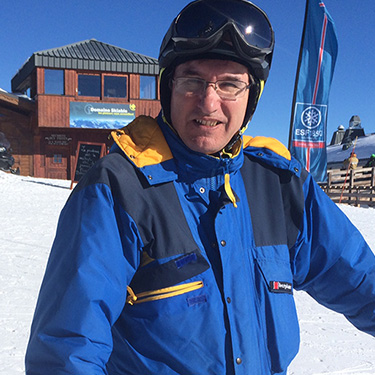
Hello everyone. Thanks for joining us. Episode 14 of #ChemEngCatchUp is with us and we’re with Dr Philip Martin, who was recommended to me as an interviewee by none other than our Head of School Chris Hardacre. I went along to meet Phil and found out that he’s working on some fascinating and important research. Learn more below:
Hi Phil. Thanks for joining us. Can I ask you to describe your research, for the layman, in ten sentences or less?
Well most chemical systems consist of what can be considered as a ‘black box’ or a series of ‘black boxes’, for example a chemical reactor or a mixing system or something like that. So in general we know what goes into the black box and we know what comes out of it, but what we’re interested in is looking inside that black box, seeing what’s in there, and how it works.
So if we find out how things work, then we can try and improve the processes, design new ones, make better products, and minimise energy use. We want to look at what chemical species are in there, how fast they’re reacting, how they’re distributed, and things like that.
The tools we like to use are tools of light, so things like lasers for example. To probe the systems in there. One particular example is in plasma processing. So most people might understand plasmas, or have come across plasmas through lightning or the aurora, or even through plasma screen televisions. We’re using plasmas as a way of promoting certain processes, such as removing waste gases and that sort of thing. Or using plasmas to put new coatings down for new processes.
So it’s a wide range of different things, but we’re looking at improving chemical processes using sensing, using spectroscopy, to understand and develop these processes.
And how can your research benefit the public?
Okay, so the research can have many benefits for the public really, probably in the area of environmental sustainability. So we’ve been developing techniques and methods for, for example, measuring pollutant gases. We’re looking at systems, as I mentioned with plasma processing, for removing pollutants from waste gas streams.
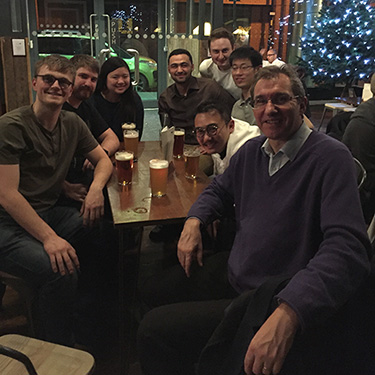
Another aspect related to that is, we set up a spinoff company a few years ago which we’ve actually recently sold. They make instruments for measuring harmful gases from industrial processes. So these are now selling around the world and they employ graduates. Hopefully they’ll lead to pollutant reductions and better processes.
Great stuff, thanks Philip. So could you tell us how you first got interested in your research area?
Well I first got interested in this area, I think it must have been my final year undergraduate project. This was in using lasers to look at chemical reactions. It was quite a complex instrument we were using and it was probably unique, of its kind, in the UK at that time.
Every day we were doing different things. It could be plumbing, computing, electronics, optics, gas-handling. It was a really exciting area to be in at that time. I did actually burn a hole in my shirt with a laser at one point, but I’ve bought a new one now.
Then later I was a post-doc in Switzerland and we applied some of the techniques we were using to industrial problems. We were pleasantly surprised that there was a lot of interest, and since then we’ve been following similar themes.
And who or what first inspired your interests in science and engineering?
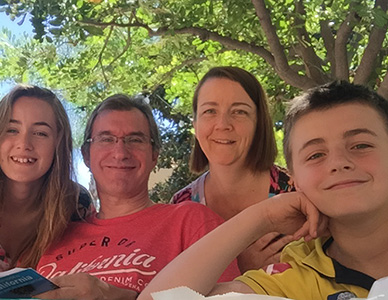
Well in terms of engineering, one of the first things was when I was a kid. I used to make these quite detailed model plastic formula one racing cars, and these were really quite detailed – putting in the spark plugs and the fuel injection lines. And it helped to teach about how engines work, and how aerodynamics work, and how heat transfer works. I even had a go at designing my own vehicles.
I later found out that my parents bought me these to keep me quiet during the summer holidays. And recently I found a half made model in my parents’ loft, which I took great pleasure in finishing off.
I suppose in science it was sort of my A Level Chemistry teacher, Dennis Routledge. He was very inspirational with his interest in science. He encouraged me to read widely and watch science programmes like Horizon, and to read journals like Scientific American. And he encouraged me to apply for Oxford and I was lucky enough to be offered a place, and things sort of took off from there.
Thanks, Philip. That’s a great answer. So moving away from work for a question, could you tell us more about your other interests? What do you get up to in your spare time?
Well I’ve got a family. I’ve got a girl who’s fourteen and a boy who’s twelve, so they take up quite a bit of time. Especially taxi duties at the moment. And also solving GCSE maths problems by text message, which is interesting.
I also help out in scouts, as both kids have been involved there. I like to try and help out there. And also as a school governor; I’ve been a school governor now for eight years, which actually fits in well with my role as CEAS’s Director for Social Responsibility.
For my own interests, though, it’s anything outdoors. So mountaineering; in fact, I’ve been on the highest mountain which is nearest to the sun, Mount Chimborazo in Ecuador. The nearest point on earth to the sun.
There are various other things. Running is probably my favourite. In recent years I’ve done the Three Peaks, the Fell Race, and the London Marathon. It’s good for relaxation and I think that’s probably what I enjoy doing most in my spare time.
That’s pretty impressive stuff! So, onto the last question, can you tell us how being here in Manchester helps your work and research?
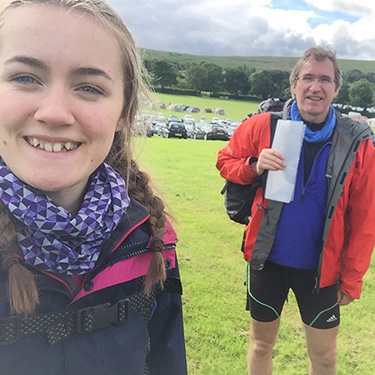
Well the chemical engineering school here is probably one of the best in the country, so we attract some of the best students and some of the best staff. They’re great to work with, they keep you on your toes.
Alongside that, the school has some of the best facilities in the faculty for doing research. It makes it easy to collaborate with a wide range of people from different disciplines, across the University and in different schools.
And on top of that there’s the MECD project, where we’re bringing the engineering schools together. It’s really quite an exciting period in the development of the University and I’m really looking forward to being involved and working in that building.
Excellent. Thank you, Philip. What an interesting and inspiring interview. Readers, I hope you enjoyed learning more about Philip. Please head to the website to learn more about Chemical Engineering here in Manchester.
Chemical EngineeringSustainabilityThe University of Manchester

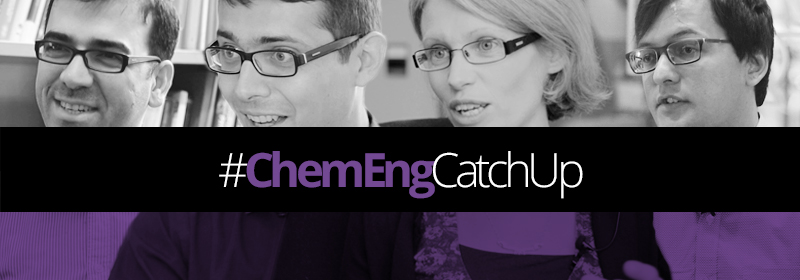
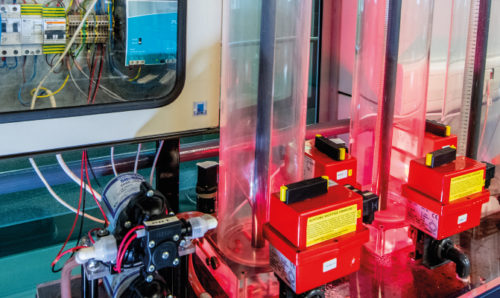
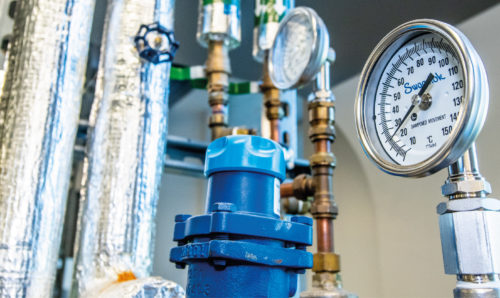
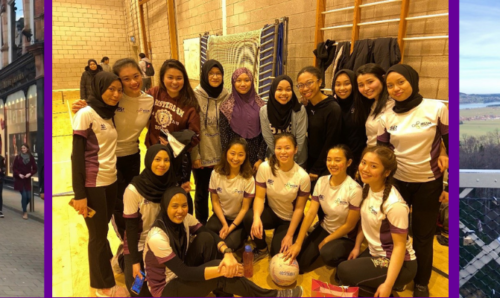
Leave a Reply